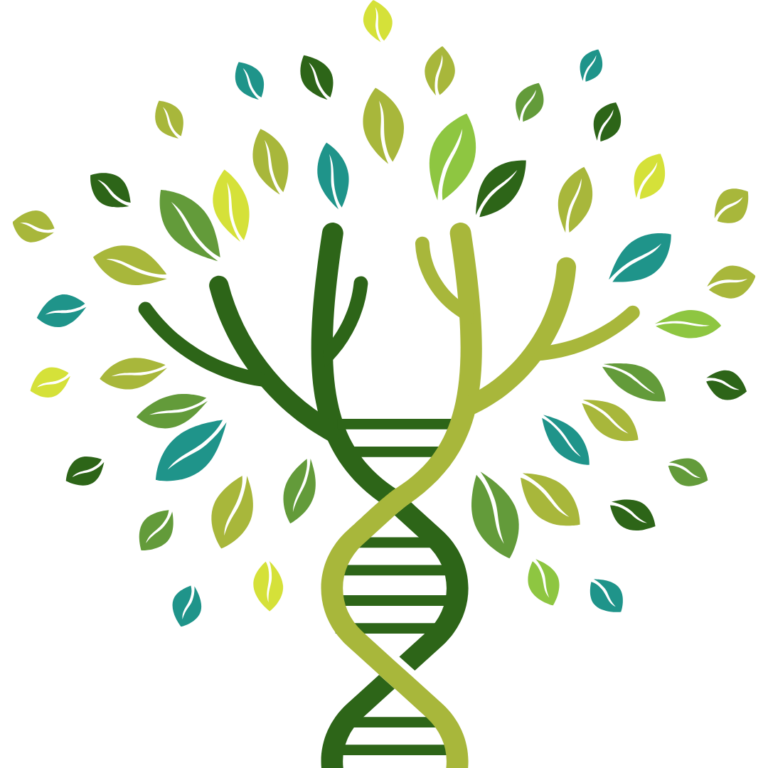DNA, which is deoxyribonucleic acid, carries hereditary information in humans and many other organisms. It’s a molecule within us that contains our genetic material. The strands of genes are linked together, and they form chromosomes. Humans have 46 chromosomes. 23 of which we get from our father and 23 from our mother. The specific genes control simple traits such as hair color, eye color, and such characteristics. However, complicated traits such as intelligence and aggressiveness, which influence our behavior, are groups of genes. They interact with each other and our environment as well. Some of these genes can be active or inactive, and the environment turns them on or off.
One of the more complicated and curious traits is temperament. Which is an innate disposition. According to Mary K. Rothbart, temperament is an individual difference that is seen early in childhood and has an influence on our reaction to events in our social and physical environment.
Judy L. Silberg and other peers conducted research investigating temperaments in identical twins born between 2001 and 2002. They conducted interviews with the twins’ mothers, and the results were later analyzed.
The study revealed that there was a correlation between genetic temperaments. The same results were shown in the studies where identical twins were separated during birth but still showed the same temperaments.
According to Galen, a Roman physician, surgeon, and philosopher, there are four temperament categories: sanguine, whose characteristics are being outgoing and positive; choleric, being easily angered and irritable; melancholic, being quiet and analytical; and phlegmatic, relaxed and tranquil.
These temperaments can be developed, and with the wrong development, they can even lead to behavior problems. Temperaments may cause responses to risky or stressful situations. Low control by the surgeon can lead to borderline personality disorder.
Genes and environments influence each other. If a person is going through a difficult lifestyle, then specific neurotransmitters are produced accordingly and activate the gene.
Temperaments are very different from personalities. Personality is never stable; it often changes.
Temperaments have been playing a major role in understanding who we are and how the environment around us shapes us. As mentioned above, there are four categories of temperaments, all of which have their own benefits and disadvantages. Sanguine, who can seem most attractive to most people as they are social, talkative, and energetic, also suffers with their identity when making decisions, which makes them impulsive.
Choleric people who are presented as dominant are goal-oriented and driven; they are leaders. However, they are easily irritable, restless, stubborn, and may become arrogant.
Phlegmatic people are very laid-back, empathetic, easygoing, and patient; however, they show little emotion and a lower level of energy and motivation.
Melancholics are more reserved, creative, loyal, and analytical; however, they have a hard time socializing, are moody, and get anxiety whenever things aren’t going according to their plan.
The repression of these traits is one of the main causes of the psychiatric diseases discussed above. In order for people to reach fulfillment within themselves, they must learn to understand the reasons behind their actions and try their best to accept them.
Written By: Mariam Shengelia, Mental H2O Youth Resource Writer
Silberg, J. L., Miguel, V. F. S., Murrelle, E. L., Prom, E., Bates, J. E., Canino, G., Egger, H., & Eaves, L. J. (2005). Genetic and Environmental Influences on Temperament in the First Year of Life: The Puerto Rico Infant Twin Study (PRINTS). Twin Research and Human Genetics, 8(4), 328–336. https://doi.org/10.1375/twin.8.4.328
Ohwovoriole, T. (2023, December 8). Temperaments: Which of the 4 Types Are You? Verywell Mind. https://www.verywellmind.com/types-of-temperaments-7152818
Early Temperament and Psychosocial Development | Encyclopedia on Early Childhood Development. (2019, November 1). Encyclopedia on Early Childhood Development. https://www.child-encyclopedia.com/temperament/according-experts/early-temperament-and-psychosocial-development


